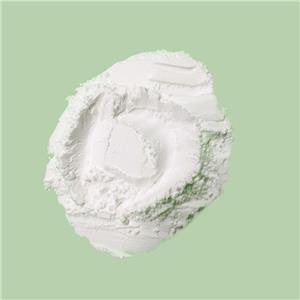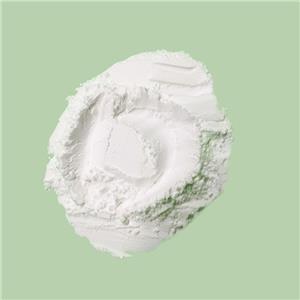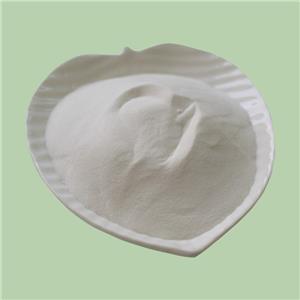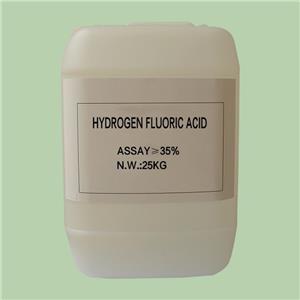Why Sodium Fluorosilicate Works as an Insecticide | Mechanism and Applications
Sodium fluorosilicate (Na2SiF6) is an inorganic compound known for its remarkable versatility. While it has applications in water treatment, glass manufacturing, and even concrete reinforcement, its role as an insecticide stands out as one of its most specialized uses. This article delves into why sodium fluorosilicate is effective as an insecticide, the underlying mechanisms of its action, and the unique advantages it offers in pest control.
The Science Behind Sodium Fluorosilicate
Chemically, sodium fluorosilicate is a salt of fluorosilicic acid. Its crystalline structure is highly stable, and it dissolves moderately in water, releasing fluoride ions (F-). These fluoride ions are the key active agents responsible for its pesticidal properties. When ingested or absorbed by insects, sodium fluorosilicate disrupts critical biological processes, leading to the extermination of pests.
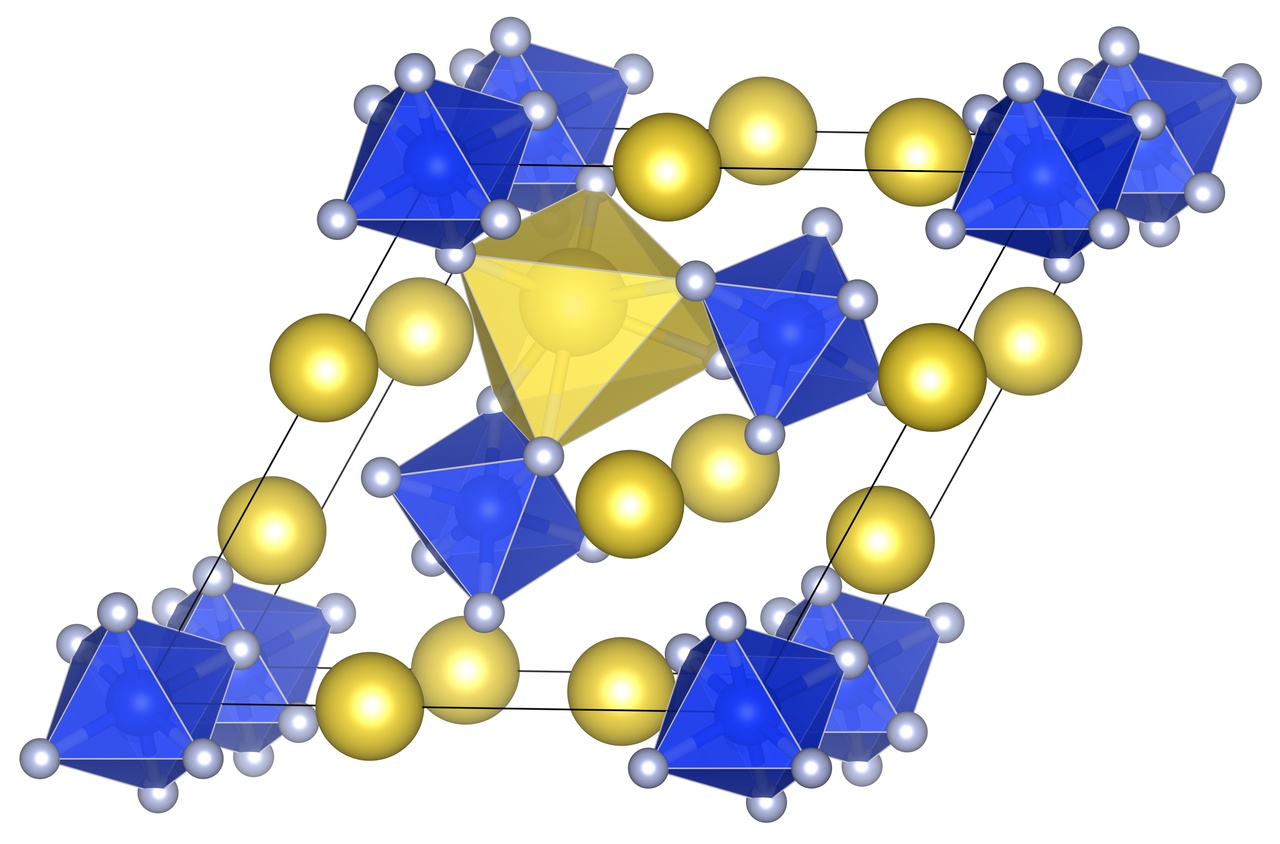
Why Sodium Fluorosilicate is Effective Against Insects
The efficacy of sodium fluorosilicate as an insecticide lies in its ability to target the physiological vulnerabilities of insects without excessive harm to humans or the environment when used correctly.
1. Selective Toxicity
Sodium fluorosilicate exhibits selective toxicity, meaning it specifically harms insects while being less hazardous to larger organisms when applied in controlled doses. This selectivity stems from differences in how insects metabolize and excrete fluoride ions compared to mammals.
2. Targeting Digestive Systems
Insects have a highly efficient but delicate digestive system. When sodium fluorosilicate is ingested, it reacts with stomach acids to release fluoride ions, which interfere with the enzymes necessary for breaking down food. This results in starvation and eventual death.
3. Neurological Effects
The fluoride ions also disrupt nerve signal transmission in insects. By binding to calcium ions critical for synaptic activity, sodium fluorosilicate causes paralysis and immobility, rendering pests incapable of feeding or reproducing.

4. Structural Damage to Exoskeletons
In addition to its internal effects, sodium fluorosilicate can dry out the waxy layer on an insect’s exoskeleton. This leads to dehydration, weakening their protective barrier against environmental threats and hastening mortality.
How the Mechanism Differs from Other Insecticides
Unlike many synthetic chemical pesticides that attack insects’ nervous systems broadly (e.g., organophosphates), sodium fluorosilicate offers a more precise mechanism of action. This precision reduces the risk of developing resistance in pest populations, making it a sustainable choice in pest management.
Practical Applications of Sodium Fluorosilicate
The unique properties of sodium fluorosilicate enable its application across various environments where pest control is essential.
1、Stored Food Protection
Sodium fluorosilicate is commonly used in grain storage facilities to protect against weevils, beetles, and other pests. It is either applied as a fine powder or mixed into baits. The slow release of fluoride ions ensures prolonged protection of stored goods.
2、Termite Management in Construction
Termites cause billions of dollars in structural damage worldwide each year. Sodium fluorosilicate is often applied to wooden materials or mixed into concrete to deter termite activity. Unlike surface treatments, it penetrates deep into materials, creating a long-lasting protective barrier.
3、Agricultural Pest Control
In agriculture, sodium fluorosilicate is employed to safeguard crops from harmful insects. Its targeted action minimizes the risk of harming beneficial insects like pollinators when applied judiciously.
4、Household Pest Elimination
Sodium fluorosilicate is a common ingredient in household pest control products, particularly for controlling cockroaches and ants. Its inclusion in bait formulations ensures pests carry it back to their nests, amplifying its effectiveness.
Advantages of Sodium Fluorosilicate Over Alternatives
1. Cost-Effectiveness
Compared to many modern insecticides, sodium fluorosilicate is affordable to produce and distribute, making it accessible for widespread use.
2. Sustainability
Due to its targeted mode of action and low risk of resistance development, sodium fluorosilicate is considered a sustainable solution in pest management programs.
3. Versatility
Its ability to work across different environments—homes, agricultural fields, storage facilities, and construction sites—demonstrates its flexibility.
4. Low Environmental Impact
When used in appropriate quantities, sodium fluorosilicate breaks down into naturally occurring compounds, leaving minimal residue in the environment.
Addressing Concerns About Sodium Fluorosilicate
While sodium fluorosilicate is effective, its safe use requires adherence to guidelines. Overapplication or improper handling can pose risks to humans and animals. To mitigate these concerns:
● Proper Labeling: Always follow the manufacturer’s instructions.
● Protective Equipment: Use gloves and masks when applying the substance.
● Avoid Contamination: Keep it away from water supplies and animal feed.
Future of Sodium Fluorosilicate in Pest Control
As the global population grows and the need for sustainable pest management intensifies, sodium fluorosilicate is likely to remain an essential tool. Researchers are exploring ways to enhance its efficacy further while reducing any potential risks. Innovations like microencapsulation technology could allow for more precise application, maximizing benefits while minimizing exposure to non-target species.
Sodium fluorosilicate stands as a testament to how simple compounds can solve complex problems. Its unique mechanisms of action—targeting digestion, disrupting neurological functions, and weakening exoskeletons—make it a powerful insecticide. By leveraging its properties responsibly, we can protect crops, homes, and infrastructure from destructive pests while maintaining a commitment to safety and sustainability.
For more insights into the science and applications of industrial chemicals, visit our website. Stay informed and discover how chemistry improves the quality of life in innovative ways!

